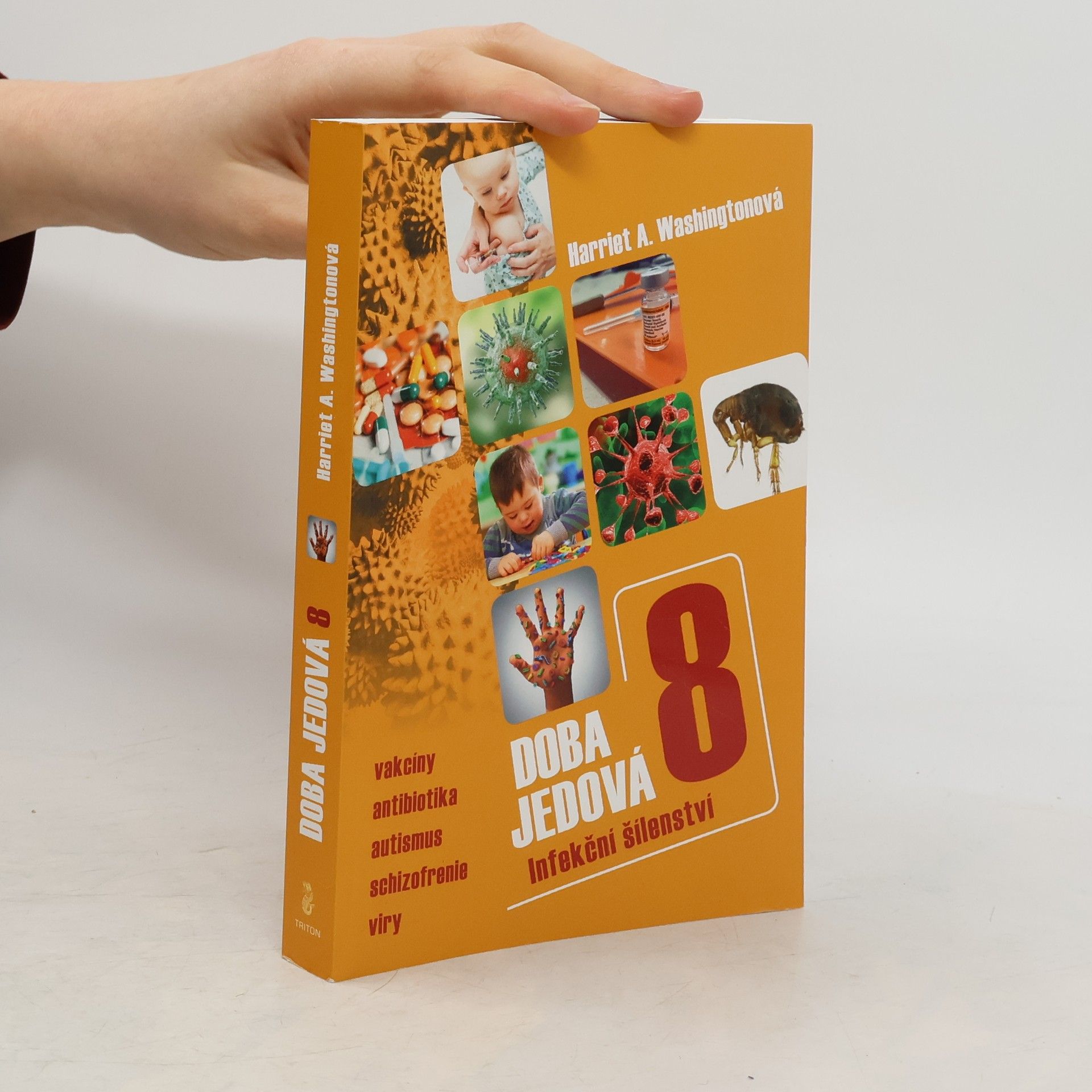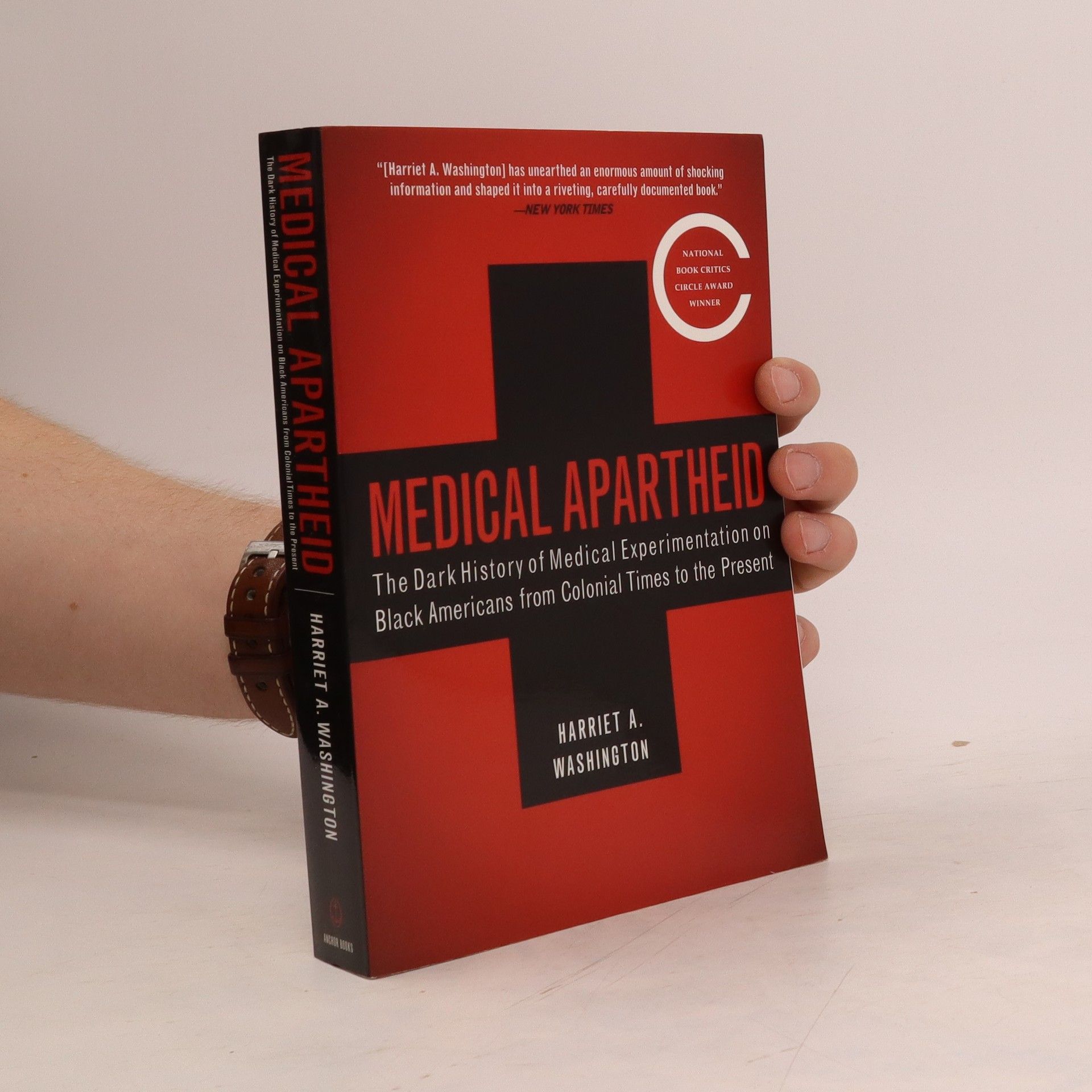The first comprehensive history of medical experimentation on African Americans. Starting with the earliest encounters between Africans and Western medical researchers and the racist pseudoscience that resulted, it details the way both slaves and freedmen were used in hospitals for experiments conducted without a hint of informed consent--a tradition that continues today within some black populations. It shows how the pseudoscience of eugenics and social Darwinism was used to justify experimental exploitation and shoddy medical treatment of blacks, and a view that they were biologically inferior, oversexed, and unfit for adult responsibilities. New details about the government's Tuskegee experiment are revealed, as are similar, less well-known medical atrocities conducted by the government, the armed forces, and private institutions. This book reveals the hidden underbelly of scientific research and makes possible, for the first time, an understanding of the roots of theAfrican American health deficit.--From publisher description
Harriet A. Washington Livres
Harriet Washington est une penseuse profonde dont l'œuvre explore les intersections complexes de la médecine, de l'éthique et de la justice sociale. Ses écrits examinent de manière critique comment les structures de pouvoir influencent les résultats de santé et les implications éthiques des avancées scientifiques, en particulier concernant les communautés marginalisées. La prose incisive et la recherche rigoureuse de Washington éclairent les histoires souvent négligées et les conséquences actuelles des disparités médicales. Elle pousse les lecteurs à affronter des vérités inconfortables et à plaider pour un avenir plus équitable dans les soins de santé.





Carte Blanche: The Erosion of Medical Consent
- 150pages
- 6 heures de lecture
The narrative explores the alarming decline of Americans' right to refuse risky medical research, particularly in the context of urgent vaccine development during the Covid-19 pandemic. It traces the origins of this erosion back to a 1990 FDA waiver allowing nonconsensual testing of an anthrax vaccine on military personnel. Since then, over 20,000 civilians have been subjected to similar practices under the guise of research. Legal modifications in 1996 have further enabled such unethical studies, revealing a troubling trend in the U.S. medical-research system's trustworthiness.
A Terrible Thing to Waste
- 368pages
- 13 heures de lecture
A powerful indictment of the notion of hereditary intelligence, A Terrible Thing to Waste shows how environmental racism drives the black-white IQ gap and explains what can be done to remedy its toxic effects on marginalized communities.
Doba jedová. 8, Infekční šílenství : vakcíny, antibiotika, autismus, schizofrenie, viry
- 282pages
- 10 heures de lecture
Že by mikroby mohly způsobovat žaludeční vředy, rakovinu děložního hrdla nebo srdeční onemocnění? Dlouho tomu nikdo nevěřil, a vidíte – je to přesně tak. Teď se zdá, že bakterie, viry, paraziti, plísně a infekční bílkoviny zvané priony vyvolávají i 10–20 % duševních nemocí. Třeba schizofrenie možná souvisí s vlnami chřipkové epidemie a nákazou bornaviry, anorexie a Tourettův syndrom bývají spojovány se streptokokovou infekcí a autismus s pustošivými toxickými látkami ve střevech dítěte. Parazitický prvok Toxoplasma gondii se podílí na narušení pozornosti, hyperaktivitě a obsedantně-kompulzivní poruše. Nesoulad imunitního systému a mikrobů ve střevech činí člověka náchylnějším k depresím i chronickému únavovému syndromu. Důkazů svědčících o široké škále patogeny šířených duševních nemocí už je spousta a všechny jsou nekompromisní. Řadu z nich nabízí tato kniha. Nejen to… Autorka přináší i další zajímavé postřehy. Například že obavy z parazitické infekce korelují s antiimigrantskými postoji a taková předpojatost je výraznější v době, kdy se lidé cítí náchylnější k nákaze. Odpovídá i na otázky, jak mikroby ovlivňují naše chutě, vztahy a společenský status a proč někteří lidé tolerují, či dokonce podporují takové formy násilí vůči druhým lidem, jako jsou lynčování, holokaust nebo etnické genocidy v Bosně a Rwandě.